Image credits
Harry Anderson: Second Coming, p. 43.
Robert Barrett: No Room in the Inn, p. 4; Wise Man with Jesus, p. 7; Luke Writing the Christmas Story, p. 29; New Star Appeared, p. 39; Simeon and the Baby Jesus, p. 56; Flight into Egypt, p. 69.
Simon Dewey: Nativity, pp. 1, 1819; The Resurrection, p. 72.
Greg Olsen: The Reason for the Season, pp. 23, 25; Simeon with the Christ Child, pp. 5253.
Del Parson: Witness of the Birth, pp. 34, 49, and front cover.
Liz Lemon Swindle: She Shall Bring Forth a Son, p. 14.
Quotations on pages 23 and 21 from How the Grinch Stole Christmas! by Dr. SeussTM & copyright by Dr. Seuss Enterprises, L.P., 1957, renewed 1985. Reprinted by permission of Random House Childrens Books, a division of Random House, Inc.
2000 Jeffrey R. Holland
All rights reserved. No part of this book may be reproduced in any form or by any means without permission in writing from the publisher, Deseret Book Company, at permissions@deseretbook.com or P. O. Box 30178, Salt Lake City, Utah 84130. This work is not an official publication of The Church of Jesus Christ of Latter-day Saints. The views expressed herein are the responsibility of the author and do not necessarily represent the position of the Church or of Deseret Book Company.
Deseret Book is a registered trademark of Deseret Book Company.
Visit us at DeseretBook.com
First printing in hardbound 2000
First printing in paperbound 2016
Library of Congress Cataloging-in-Publication Data
Holland, Jeffrey R., 1940Shepherds, why this jubilee? / Jeffrey R. Holland. p. cm.
ISBN 978-1-57345-863-4 (hardcover)
ISBN 978-1-62972-324-2 (paperback)
1. Jesus ChristNativity. 2. Christmas.
BX8643.J4 H65 2000
242'.335dc2100-056143
Printed in the United States of America
Alexanders Print Advantage, Lindon, UT
10 9 8 7 6 5 4 3 2 1

You will recall from Dr. Seusss harrowing holiday story, How the Grinch Stole Christmas! , that this loathsome little man was determined to rob Who -ville of every holiday treat. In a nefarious scheme in which the Grinch dressed as Santa himself, he moved through Who -ville taking every package, tree, ornament, and stocking.
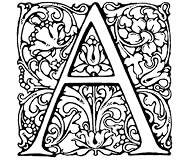 s he left the city with his sack full of stolen gifts, he chuckled in delight over the pain his actions would cause the people of Who- ville. He climbed to the top of a mountain where he anxiously waited to hear the sound of youthful anguish coming from the city below. He even cupped his hand to his ear in eager anticipation.
s he left the city with his sack full of stolen gifts, he chuckled in delight over the pain his actions would cause the people of Who- ville. He climbed to the top of a mountain where he anxiously waited to hear the sound of youthful anguish coming from the city below. He even cupped his hand to his ear in eager anticipation.
But what he heard instead were the joyful sounds of happy people celebrating Christmas. He was chagrinedand amazed. He couldnt imagine it, but Christmas had arrived in spite of him! Though the people of Who -ville had no trees to trim, no ornaments to enjoy, no packages to unwrap, they were having a wonderful Christmas anyway. It was more than the Grinch could fathom.
And he puzzled three hours, till his puzzler was sore.
Then the Grinch thought of something he hadnt before!
Maybe Christmas, he thought, doesnt come from a store.
Maybe Christmas... perhaps... means a little bit more!
Part of the purpose for telling the real story of Christmas is to remind us that Christmas doesnt come from a store. Indeed, however delighted we feel about it, even as children, each year it means
a little bit more. And no matter how many times we read the biblical account of that evening in Bethlehem, we always come away with a thoughtor twowe havent had before.
There are so many lessons to be learned from the sacred account of Christs birth that we hesitate to emphasize a few at the expense of all the others. Forgive me as I do just that.
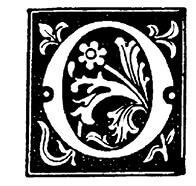 ne impression that has persisted with me over the years is that this is a storyin profound paradox with our own timesof intense poverty. I wonder if Luke did not have some special meaning when he wrote not that there was no room in the inn but specifically that there was no room for them in the inn. (Luke 2:7; emphasis added.) We cannot be certain, but it is my guess that money could talk in those days as well as in our own. I think if Joseph and Mary had been people of influence or means, they would have found lodging even at that busy time of year.
ne impression that has persisted with me over the years is that this is a storyin profound paradox with our own timesof intense poverty. I wonder if Luke did not have some special meaning when he wrote not that there was no room in the inn but specifically that there was no room for them in the inn. (Luke 2:7; emphasis added.) We cannot be certain, but it is my guess that money could talk in those days as well as in our own. I think if Joseph and Mary had been people of influence or means, they would have found lodging even at that busy time of year.
I have also wondered if the Joseph Smith Translation was suggesting they did not know the right people in saying, There was none to give room for them in the inns. (JST Luke 2:7.)
We cannot be certain what the historian in-tended, but we do know these two were desperately poor. At the purification offering which the parents made after the childs birth, two turtledoves were substituted for the required lamb, a substitution the Lord had allowed in the law of Moses to ease the burden of the truly impoverished. (Leviticus 12:8.)
The wise men did come later bearing gifts, adding some splendor and wealth to this occasion, but it is important to note that they came from a distance, probably ancient Persia, a trip of several hundred miles at the very least. Unless they started long before the star appeared, it is highly unlikely that they arrived on the night of the Babes birth. Indeed, Matthew records that when they came, Jesus was a young child and the family was living in a house. (Matthew 2:11.)
Perhaps this provides an important distinction we should remember in our own holiday season. Maybe the purchasing and the making and the wrapping and the decoratingthose delightfully generous and important expressions of our love at Christmasshould be separated slightly from the more quiet, personal moments when we consider the meaning of the Baby (and his birth) who prompts the giving of such gifts.
 s happens so often if we are not careful, the symbols can overwhelm the symbolized. In modern times there is always a risk that the manger so central to the Christmas story will be torn down to make way for a discount store featuring specials on a host of Christmas bargains.
s happens so often if we are not careful, the symbols can overwhelm the symbolized. In modern times there is always a risk that the manger so central to the Christmas story will be torn down to make way for a discount store featuring specials on a host of Christmas bargains.
I do not feelor mean to soundlike a
modern-day Scrooge. Gold, frankincense, and myrrh were humbly given and appreciatively received, and so gifts from the heart should be given every year and always.
But for that very reason, I, like you, need to remember the very plain scene, even the poverty, of a night devoid of tinsel or wrapping or goods of this world. Only when we see that single, sacred, unadorned object of our devotion, the Babe of Bethlehem, and understand his mission to save all mankind will we know why tis the season to be jolly and why the giving of gifts is so appropriateour little gifts serving as loving, selfless reminders of his loving, selfless, majestic, redeeming gift.

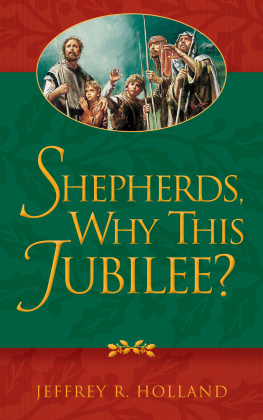
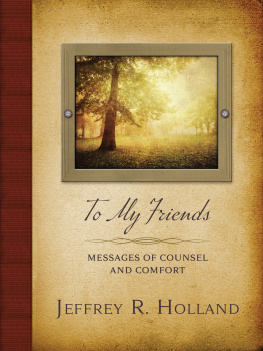
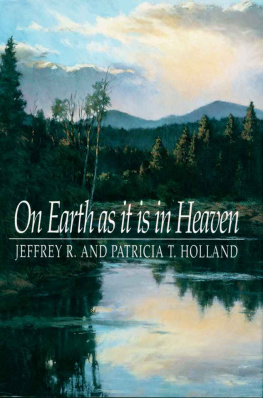
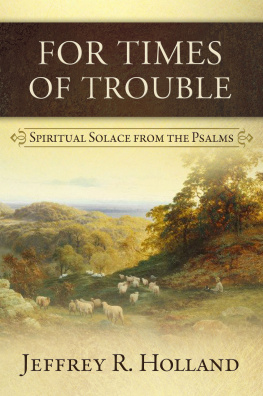
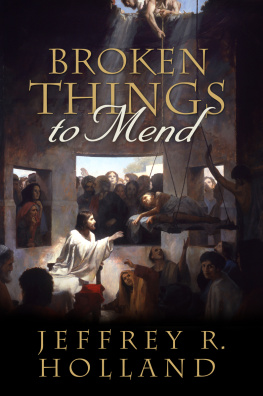
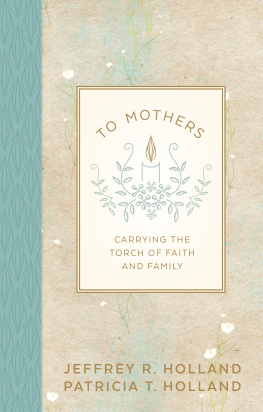

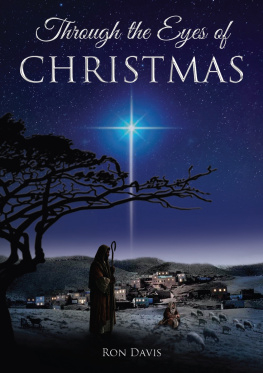
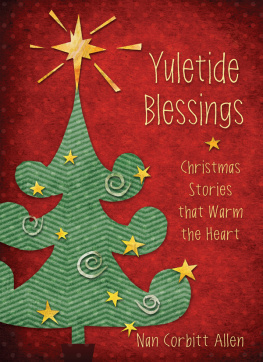


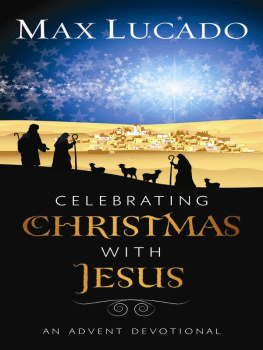
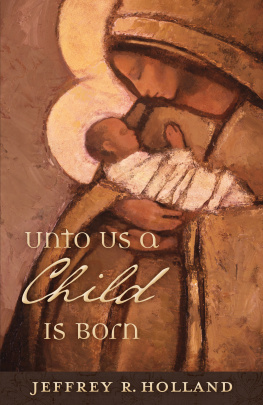
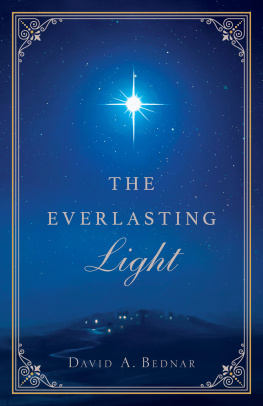
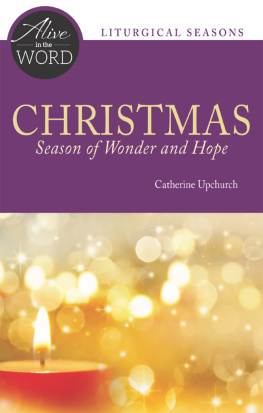
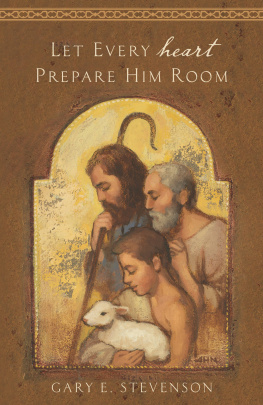


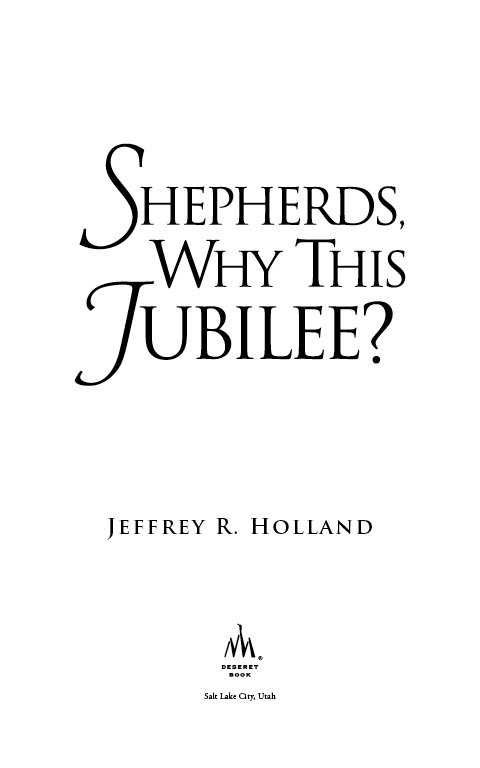

 s he left the city with his sack full of stolen gifts, he chuckled in delight over the pain his actions would cause the people of Who- ville. He climbed to the top of a mountain where he anxiously waited to hear the sound of youthful anguish coming from the city below. He even cupped his hand to his ear in eager anticipation.
s he left the city with his sack full of stolen gifts, he chuckled in delight over the pain his actions would cause the people of Who- ville. He climbed to the top of a mountain where he anxiously waited to hear the sound of youthful anguish coming from the city below. He even cupped his hand to his ear in eager anticipation.
 ne impression that has persisted with me over the years is that this is a storyin profound paradox with our own timesof intense poverty. I wonder if Luke did not have some special meaning when he wrote not that there was no room in the inn but specifically that there was no room for them in the inn. (Luke 2:7; emphasis added.) We cannot be certain, but it is my guess that money could talk in those days as well as in our own. I think if Joseph and Mary had been people of influence or means, they would have found lodging even at that busy time of year.
ne impression that has persisted with me over the years is that this is a storyin profound paradox with our own timesof intense poverty. I wonder if Luke did not have some special meaning when he wrote not that there was no room in the inn but specifically that there was no room for them in the inn. (Luke 2:7; emphasis added.) We cannot be certain, but it is my guess that money could talk in those days as well as in our own. I think if Joseph and Mary had been people of influence or means, they would have found lodging even at that busy time of year.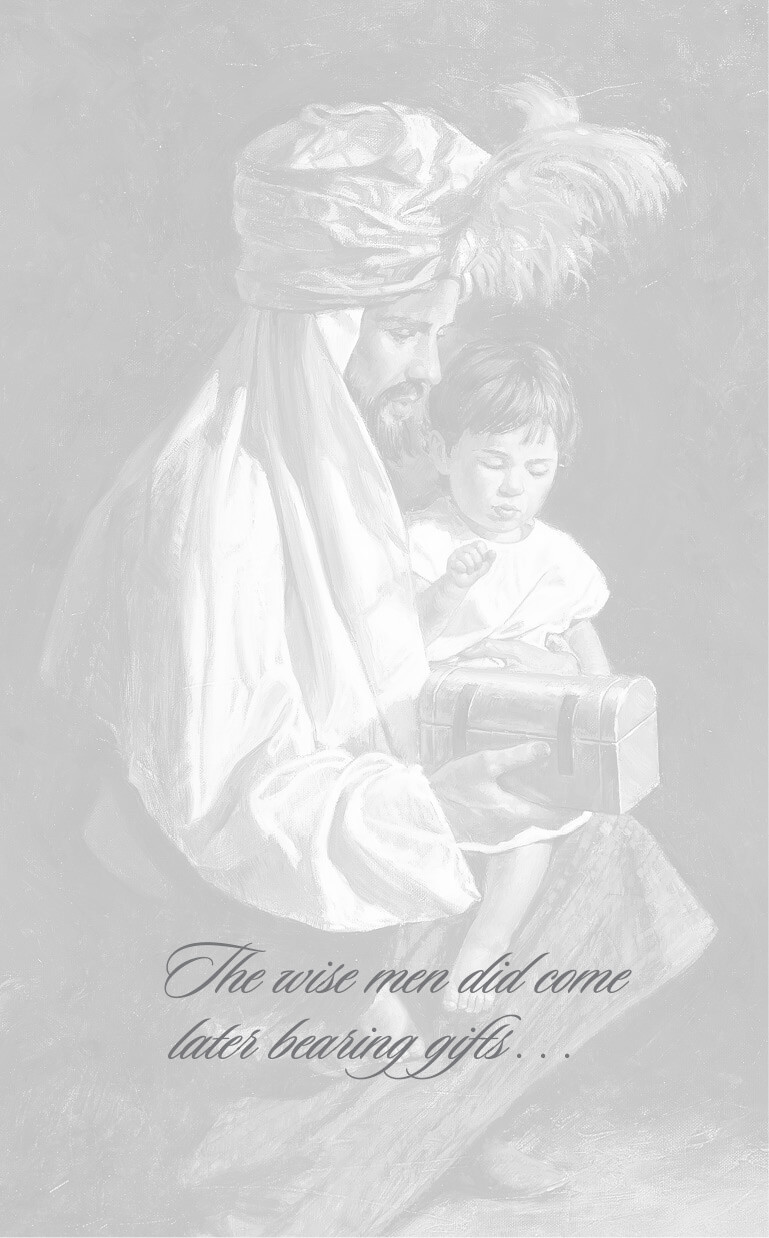
 s happens so often if we are not careful, the symbols can overwhelm the symbolized. In modern times there is always a risk that the manger so central to the Christmas story will be torn down to make way for a discount store featuring specials on a host of Christmas bargains.
s happens so often if we are not careful, the symbols can overwhelm the symbolized. In modern times there is always a risk that the manger so central to the Christmas story will be torn down to make way for a discount store featuring specials on a host of Christmas bargains.